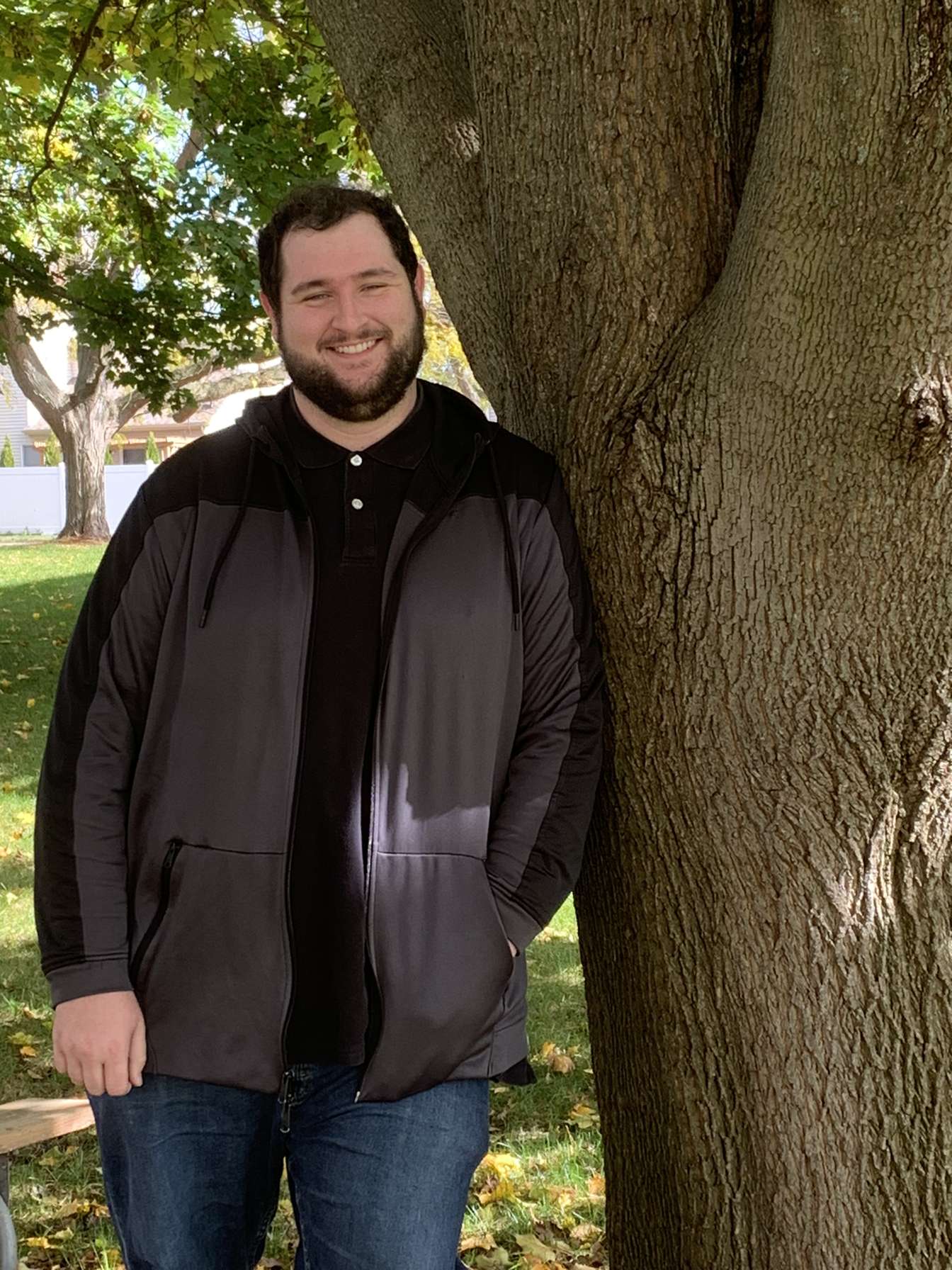Meenakshi Narain Graduate Scholar at the LPC

Name:
Connor Moore
Institution:
Notre Dame
Email:
Personal web link:
https://lpc.fnal.gov/programs/graduate-scholars/2024/Connor_Moore.shtml
What I will be working on:
At the LPC in 2024, I plan to investigate and implement color-singlet tagging techniques to improve searches for various decays of the Higgs boson. The final goal of this project, is to apply color singlet tagging to the decay of the Higgs boson to two gluons (H → gg), though its effects on H → bb searches are also of interest. For the former decay mode especially, separating signal from the prevalent QCD background proves a challenge that has proved a roadblock for many modern searches. Using a color-singlet tagger to identify those particles descended from color-singlet states (i.e. the Higgs) will prove valuable in discerning H → gg from QCD processes. This work will involve the implementation of new functionalities into the popular Python-based analysis tools Coffea and FastJet. Further, I will also be contributing to operations in the form of Data Management and Rucio development. Rucio, the data management framework used by CMS and ATLAS, has a number of as-of-yet unimplemented daemons; of interest is the daemon BB8, which has the ability to dynamically rebalance data between CMS storage sites to ensure balanced disk usage and avoid unintended overburdening of particular institutions. In parallel, the Rucio development team and I plan to work to improve the user experience with Rucio. Accomplishing this will include fostering user engagement, especially at the LPC, and improving the web-based Rucio UI to be more streamlined and reliable (primarily through a major upgrade to the already-in-progress 2.0 version).
My role in CMS past and present:
I joined CMS in the summer of 2019 when I began my PhD at Notre Dame. Since then, I have been highly involved in a number of aspects of CMS's Offline and Computing sector, with my primary focus being data management. Initially I focused on issues with data storage in the centrally managed CMS computing infrastructure, with the final product being a study on data popularity, usage, and access. This led to a review of the process which determines data placement in CMS. Afterwards I became a part time member of the CMS transfer team, a group whose objective is to fulfill user data requests and maintain the FTS and Rucio systems. Most recently, I spearheaded the effort to complete the cleanup of leftover data from the transition from PhEDEX to Rucio in 2020. Though much of my time was spent answering trouble tickets or tracking down corrupted files, I was still able to assist with making improvements to jet clustering algorithms, mentor REU students, and make contributions to the distributed computing work being done at Notre Dame.